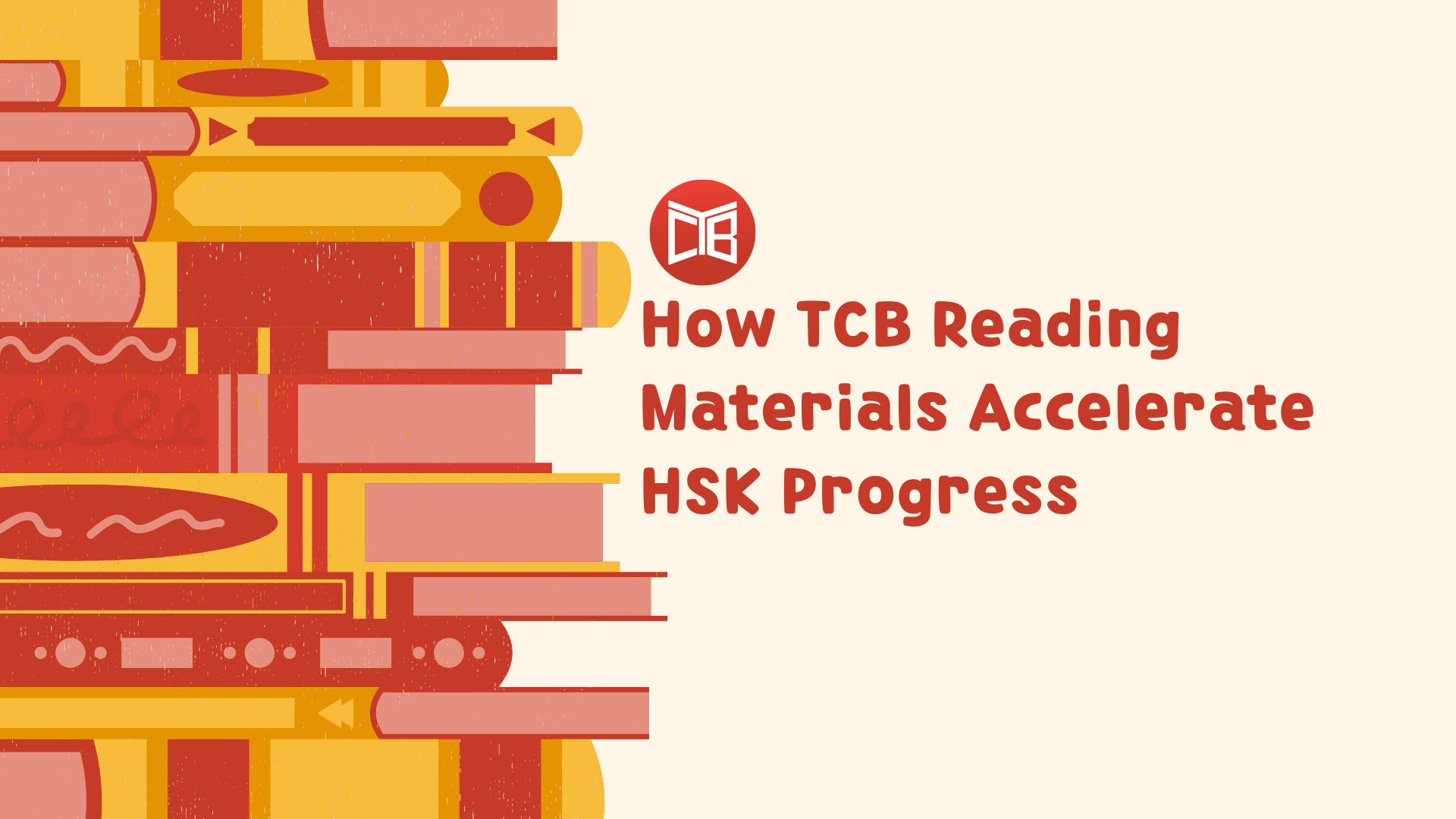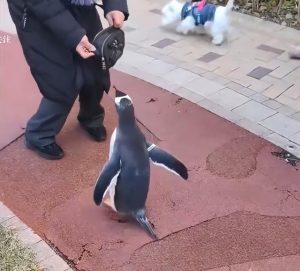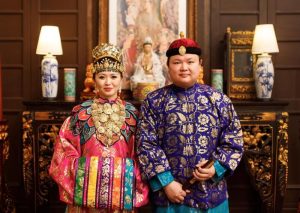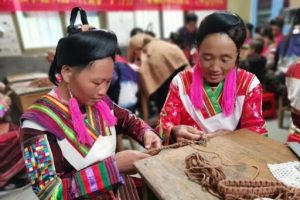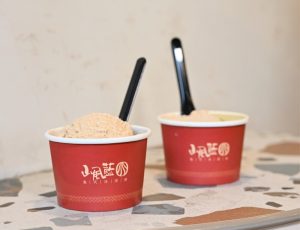
Have you ever noticed within the Mandarin Chinese language there are some words that crop up in daily conversation, and yet there doesn’t appear to be much obvious meaning to them?
Ever heard your Chinese friends say ba 吧【吧】, la 啦【啦】, wa 哇【哇】, or ya 呀【呀】? These are examples of sentence-final particles in Chinese, and here’s some more information on how they work:
These seemingly meaningless characters can actually carry a lot of emphasis in Chinese conversation, and learning how to use these idioms can greatly improve your fluency and impress your Chinese friends.
ba 吧【吧】
Most commonly ‘ba’ can be used at the end of a sentence to indicate a suggestion:
Let’s go together! Wǒmen yīqǐ qù ba! 我们一起去吧!【我們一起去吧!】
It can also be used to express indecision:
I don’t really have time to go, but I’d be embarrassed if I didn’t. Qù ba; méi kōng, bù qù ba; bù hǎoyìsi去吧;没空,不去吧;不好意思【去吧;沒空,不去吧;不好意思】
Another function it has is to convey a tone of resignation:
If it’s lost, it’s lost; I’ll just have to buy another one Diū jiù diūle ba, zài mǎi yīgè 丢就丢了吧,再买一个【丟就丟了吧,再買一個】
wa 哇【哇】
wa essentially means WOW! It is the shortened form of wasāi 哇塞【哇塞】.
It can be used on its own or at the start of a sentence to express how amazing or surprising something is:
Wow, so cheap! Wa zhème piányí 哇,这么便宜!【哇這麼便宜】
la 啦【啦】
la is the fusion of le 了【了】 and a 啊 【啊】 is often used at the end of the sentence to indicate exclamation:
Has she really come? tā zhēn lái la? 她真来啦?【她真來啦?】
ya 呀【呀】
ya is comparable to the English ‘ah’ or ‘oh’ , it also has a similar function to a 啊 【啊】 but it is used in place of ‘a’ when the words before it end in a vowel.
For example:
Very good! Tài hǎo ya! 太好呀!【太好呀!】
Who is she? Tā shì shéi ya 她是谁呀【她是誰呀】
It can also be used as an interjection at the start of the sentence for mild emphasis or surprise:
Oh, it’s raining! Yā, xià yǔ le! 呀,下雨了!【呀,下雨了!】
Mandarin is such a rich and expressive language and these are just a few examples of the colloquial mannerisms of Chinese speakers. Here are some more for you to explore: bei呗【唄】, āi 哎【哎】, āi 唉【唉】,me 么【麼】 ,ma 嘛【嘛】,Ó哦 【哦】


